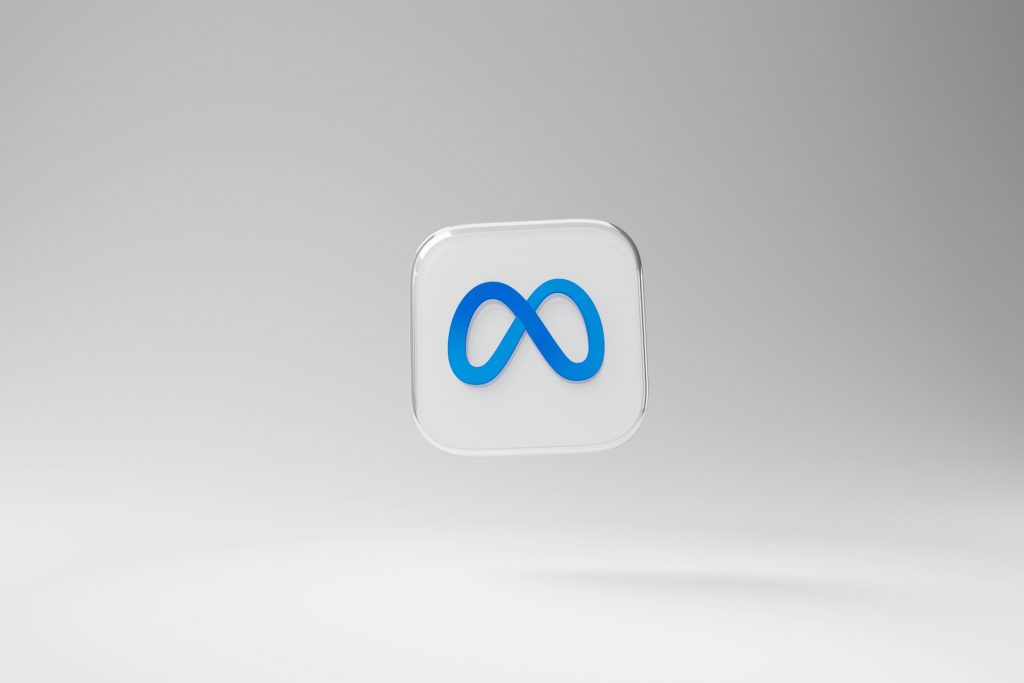Meta has recently introduced the latest iteration of its language model, Llama 3, promising a significant upgrade over its predecessor, Llama 2, which was released last summer. The new model was developed in under a year and is designed to improve how artificial intelligence applications, such as chatbots, understand queries and formulate responses. Llama 3, now available, aims to enhance the quality of responses, recognizing longer questions and retaining more information throughout each session.
Unlike its previous version, Llama 3 has been trained on over 15 trillion tokens—approximately equivalent to 15 trillion words—making it seven times more comprehensive than the data used for Llama 2. This extensive training has allowed Llama 3 to potentially outperform other models like Gemini Pro 1.5 and GPT 3.5, which are utilized by Google and OpenAI, respectively.
Meta offers two variants of Llama 3: one with 8 billion parameters and another with 70 billion parameters. A higher number of parameters enables the AI tools to provide more complex and detailed responses but also requires more memory and processing power from the devices that run them. The company also plans to release intermediate versions soon.
In a move unique among major tech companies, Meta has made Llama 3 freely available for download, albeit with some restrictions. This contrasts with Google’s approach, which involves a more limited open-source version of Gemini named Gemma, and OpenAI, which provides free access to its models for certain educational institutions but does not allow direct downloads.
Meta also emphasized their ambition to develop the best open model, one that rivals the top proprietary models available today. Besides the direct download option, Llama 3 will also be accessible on cloud services like AWS, Google Cloud, Hugging Face, and Microsoft Azure.
Furthermore, Meta has upgraded its conversational tool, Meta AI, by incorporating Llama 3. This tool is set to expand across all of the company’s applications, including Instagram, Messenger, Facebook, and WhatsApp. Mark Zuckerberg, the founder of Meta, highlighted that Meta AI, leveraging Llama 3, now stands as the smartest free AI assistant available.
Meta AI, currently offered in a limited number of countries—with Spain not yet on the list—plans to rapidly extend the regions and languages it supports. The company also intends to integrate this AI assistant into Meta Quest VR headsets and Ray-Ban Meta smart glasses.
This AI assistant can address almost any question and even generate search results from Bing and Google. It is also capable of creating images or videos from descriptions in real-time, a complex feature that many generative AIs have struggled with until recently. Additionally, Meta AI allows users to insert text into images, enhancing its functionality for various applications.
